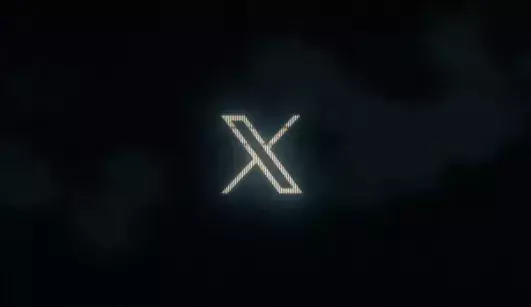In a major development for social media dynamics in Brazil, the platform X (formerly known as Twitter) has successfully resumed operations after a significant hiatus. While this news is celebratory for the millions of users eager to reconnect, it brings to light complex discussions surrounding free speech, government intervention, and corporate responsibility. The circumstances leading to this reinstatement spark a reexamination of the relationship between social media companies and governmental authority.
The saga began when Brazil’s government imposed a ban on X due to concerns over the dissemination of misinformation. The Brazilian authorities demanded the removal of user accounts propagating baseless claims regarding the 2020 presidential election’s integrity, where allegations of fraud had circulated without substantial evidence backing them. These claims, strongly supported by former President Jair Bolsonaro and his supporters, risked destabilizing the political climate and fueling public unrest.
Elon Musk, the owner of X, initially resisted the Brazilian government’s demands. His vocal advocacy for unfettered free speech becomes a central theme in this narrative; Musk positioned X as a bastion of expression against perceived governmental overreach. This philosophy aligns with his broader vision for social media platforms—one that emphasizes minimal interference from state authorities. However, this firm stance resulted in a month-long shutdown in Brazil, affecting approximately 20 million users.
The Resolution: Compliance and Controversy
It was only after considerable economic loss that X’s management decided to comply with Brazil’s requests. Following negotiations, the Supreme Court Justice Alexandre de Moraes confirmed the lifting of the suspension, contingent upon X’s agreement to delete specific accounts deemed problematic by the government. This compliance raises pressing questions: Was this a compromise of the principles of free speech, or a necessary step to uphold societal order?
The opposing perspectives in this scenario illustrate a fundamental tension inherent in democratic societies—the balance between individual rights and collective wellbeing. Proponents of Musk’s original stance argue that allowing users to voice controversial opinions, even if they are unfounded, is pivotal for fostering open discourse. On the other hand, critics assert that unchecked misinformation can erode public trust in government institutions, making it imperative to curb harmful narratives before they spiral out of control.
The Role of Corporate Responsibility in the Digital Age
This incident serves as a case study on the role and responsibility of tech companies in regulating content on their platforms. As intermediaries of public discourse, social media networks like X navigate a labyrinth of challenges, balancing user freedom with the imperative to prevent societal harm. Musk’s initial rejection of the Brazilian government’s demands could be interpreted as a principled stand, yet the practical realities of operating a global platform compel a reconsideration of such ideals.
Corporate decision-makers must weigh their obligations not only to their user base but also to the societies in which they operate. While the ideal of free speech is noble, it becomes increasingly complex in an age where misinformation can spread rapidly and incite real-world consequences. In this context, X’s decision to yield to Brazilian authorities reflects a recognition of these stakes.
With X’s reinstatement in Brazil, the platform faces a renewed opportunity to redefine its relationship with users and government entities alike. While this situation may appear resolved, the dialogues it prompts concerning the limits of free speech, government oversight, and corporate accountability are likely to persist. Musk’s tenure as the owner of X exemplifies the ongoing struggle between protecting civil liberties and addressing the ramifications of a volatile information landscape.
Ultimately, the return of X to Brazil underscores a critical turning point. It highlights both the vulnerabilities and responsibilities that come with operating as a major platform for public discourse in the digital age. As social media continues to evolve, the question lingers—how can these platforms truly serve the interests of both users and societies at large without compromising their principles, or worse, creating an environment ripe for chaos and misinformation?

